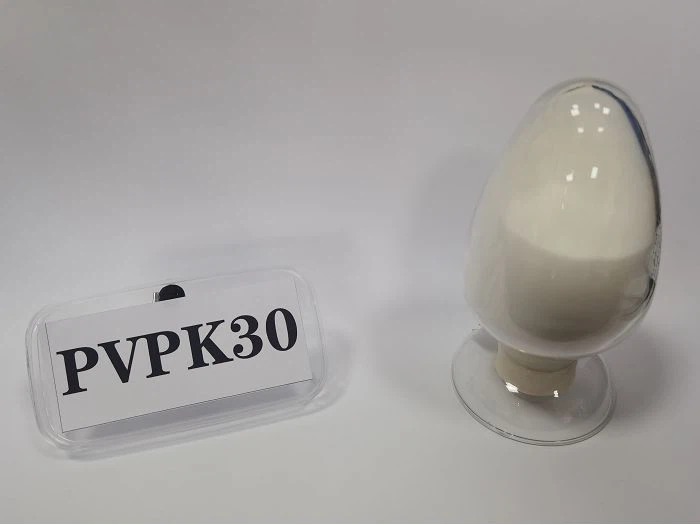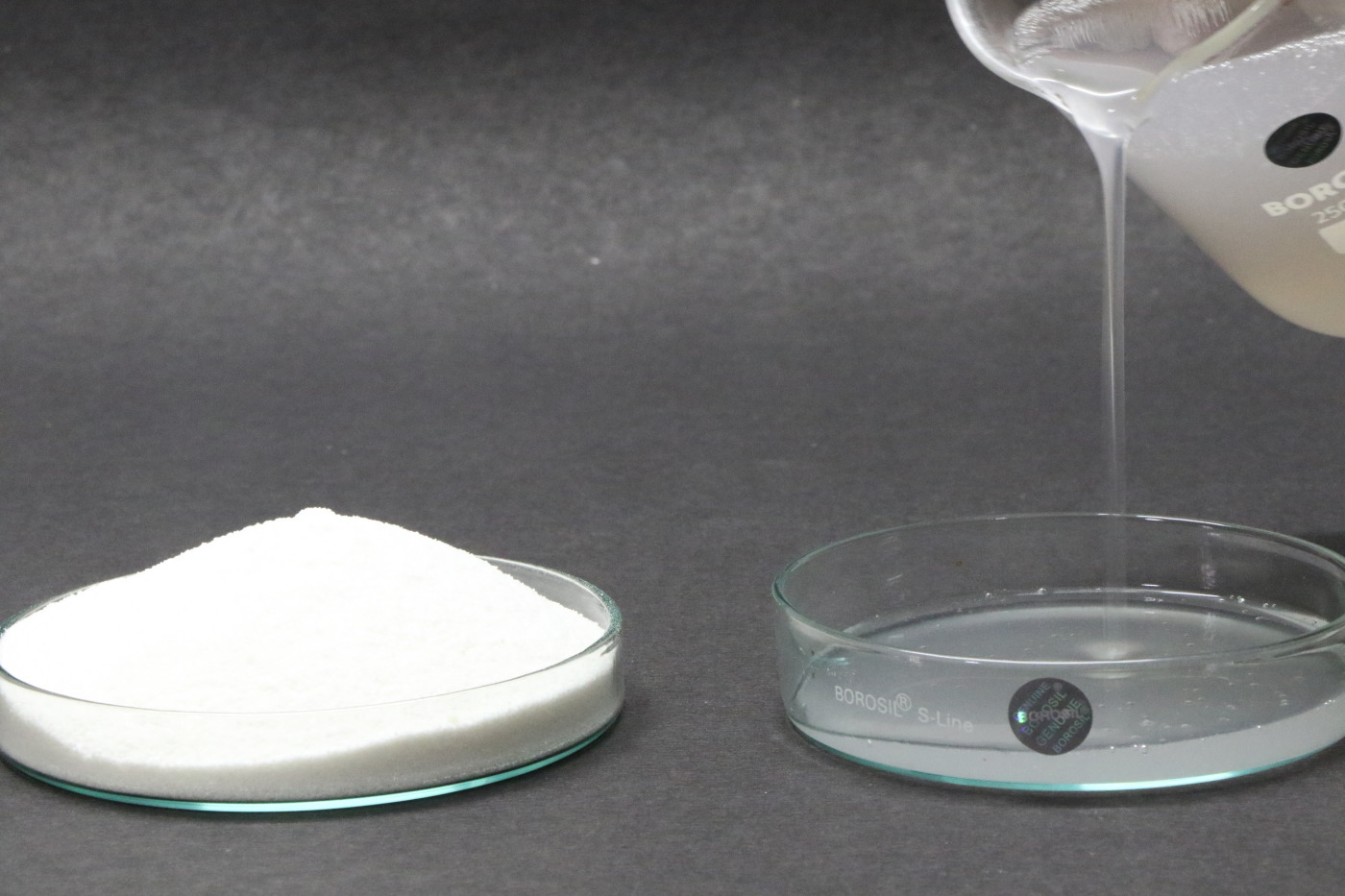Vaccines play an important role in proactively preventing infectious diseases, especially in the context of the recent Covid-19 pandemic. Vaccines can go into the body through many different routes such as injection, oral, or inhalation.
Nasal vaccine
For respiratory infections, the nose and throat are the first places of contact with pathogens. The researchers hope that if the vaccine is effective, immunity in the nasal and oral mucosa will limit the replication and creation of new virus variants. Vaccines administered through the nasal mucosa are a more convenient alternative to injections. Because it is non-invasive and painless, this method helps to achieve patient compliance, especially in children. Furthermore, vaccines administered by injection are highly dependent on the technique of healthcare professionals, which in some cases can lead to infection with pathogens or local reactions to needles. Meanwhile, users can self-administer the vaccine through the nasal mucosa without the need for special tools or technique.
Characteristic
- Vaccines can be developed in many dosage forms such as powders, gels, drops, and spray suspensions.
- The pH in the formula is an important factor, usually in the range of 4.5 – 6.5. Because the pH in the nasal cavity is usually 5.5 – 6.5 in adults and 5.0 -7.0 in children. Furthermore, lysozyme in nasal secretions that kill some bacteria can be inactivated at a pH greater than 7. If the pH is greater than 7, nasal tissues are susceptible to bacterial infection.
- Some excipients commonly used in formulations are buffering excipients, antioxidants, surfactants, preservatives, and gelling agents/viscosity modifiers,…
Challenges in vaccine development
- High investment costs for research.
- Efficacy depends on antigen concentration, and dose used. Antigens can be diluted by substances in mucosal secretions or trapped in mucus, where they are degraded by enzymes such as proteases and nucleases. Vaccine bioavailability may be affected by natural defense mechanisms such as the epithelial barrier and mucosal clearance.
- The number of adjuvants supporting the immune response and compatibility with the human body is limited.
Clinical trials and prospects
Currently, many vaccines administered through the nasal mucosa against SARS-CoV-2 or HIV are being studied and in the process of clinical trials. Russia tested the Sputnik V nasal spray vaccine on volunteers. Beijing Wantai, a vaccine development company in China, is also testing the vaccine in phase III clinical study involving 40,000 volunteers. Testers will receive either two doses of the Beijing Wantai vaccine or a placebo over two weeks.
REFERENCES:
- Beijing Wantai plans large trial for nasal spray COVID-19 vaccine candidate
- Russia to test COVID-19 vaccine in form of nasal spray
- Study: New Nasal Vaccine Shows Promise for Protection Against COVID-19, HIV
- Chapter Fifteen Nasal Vaccine Delivery




